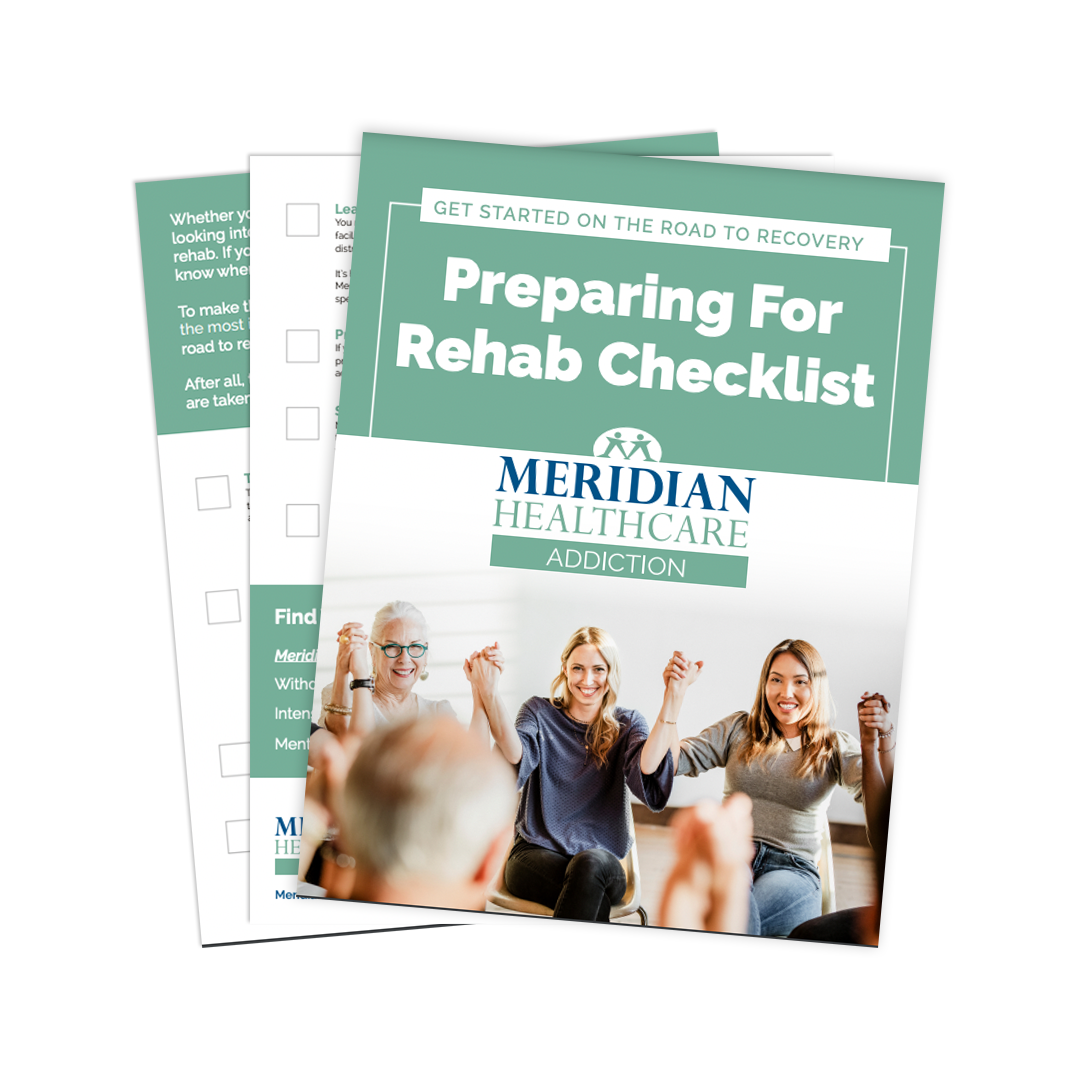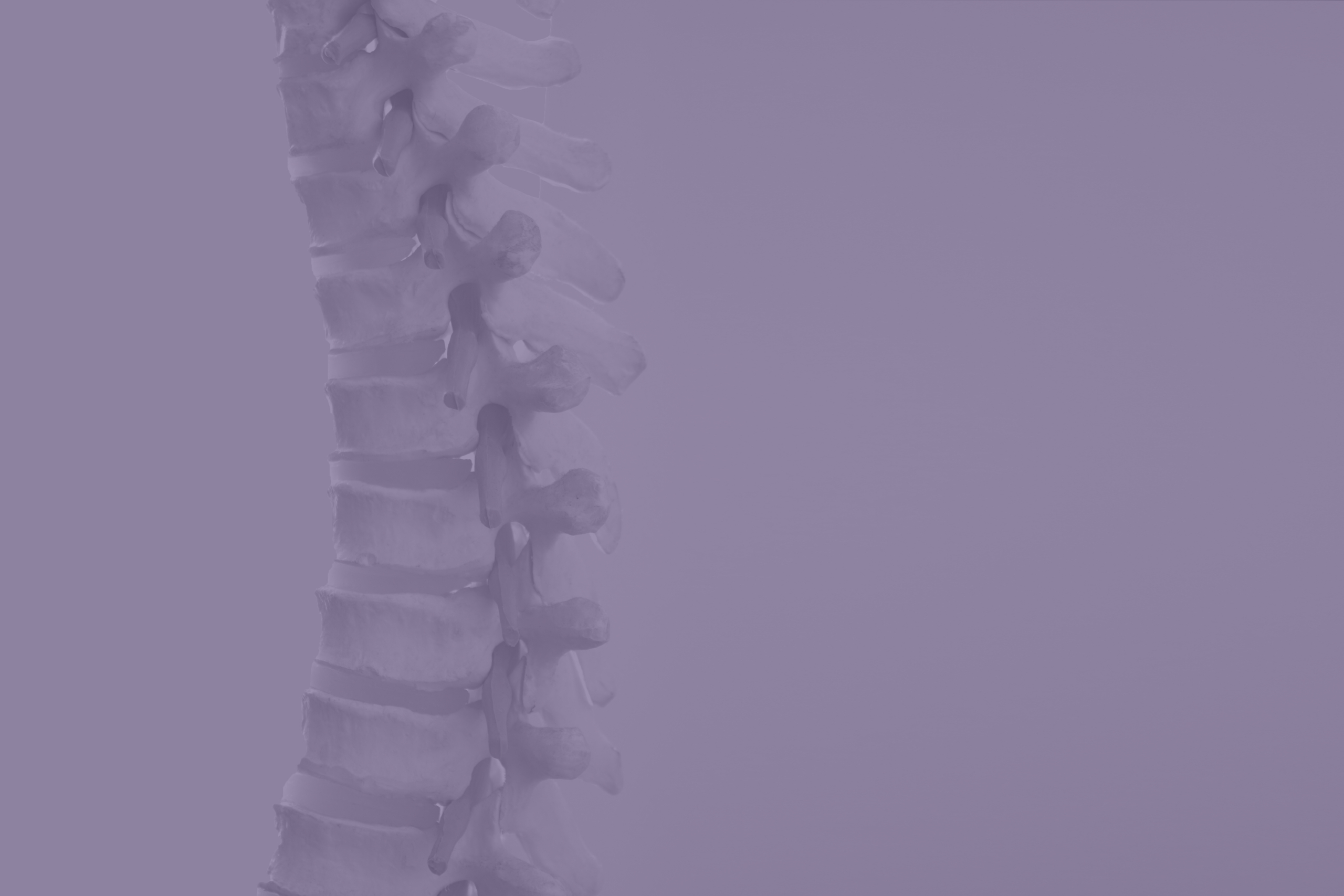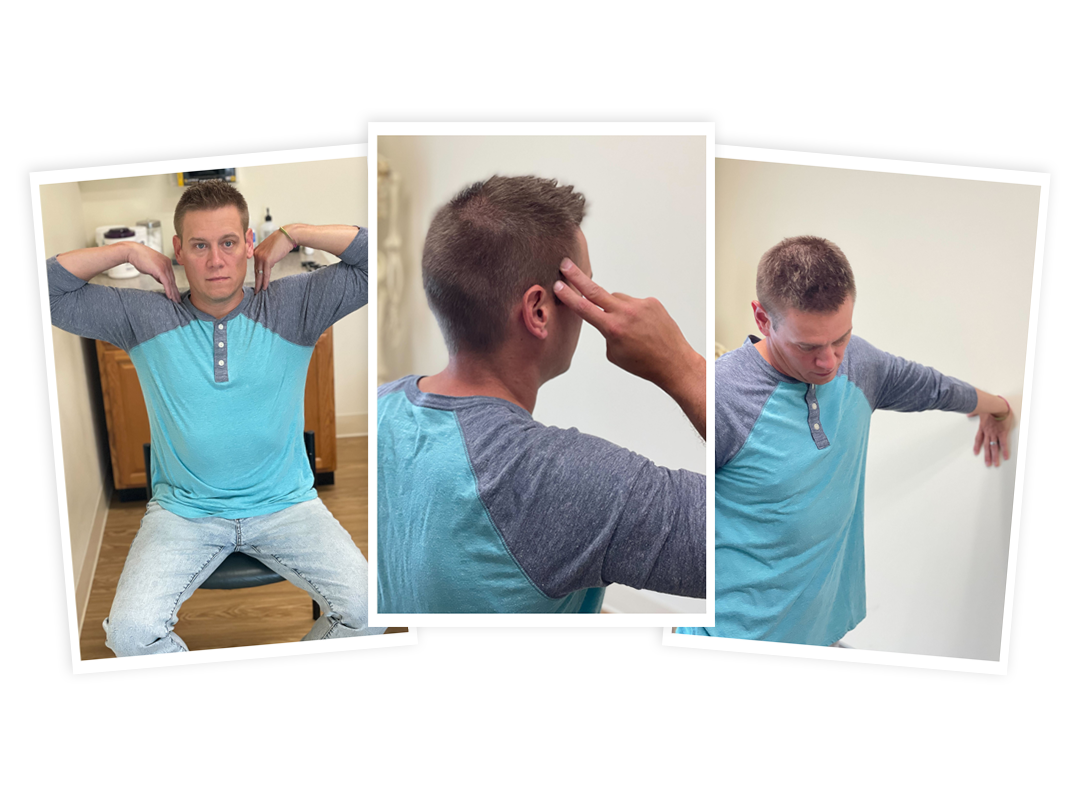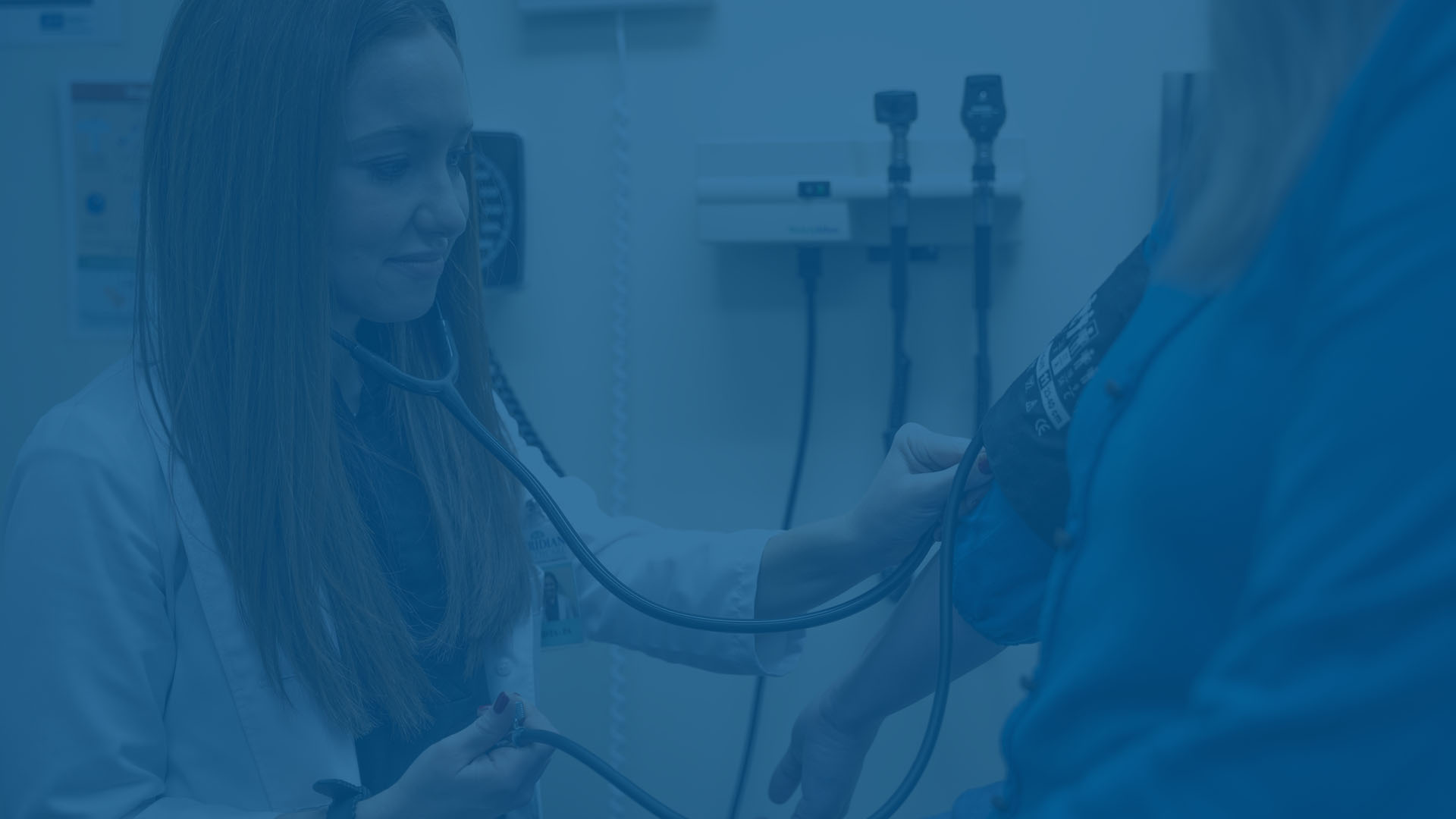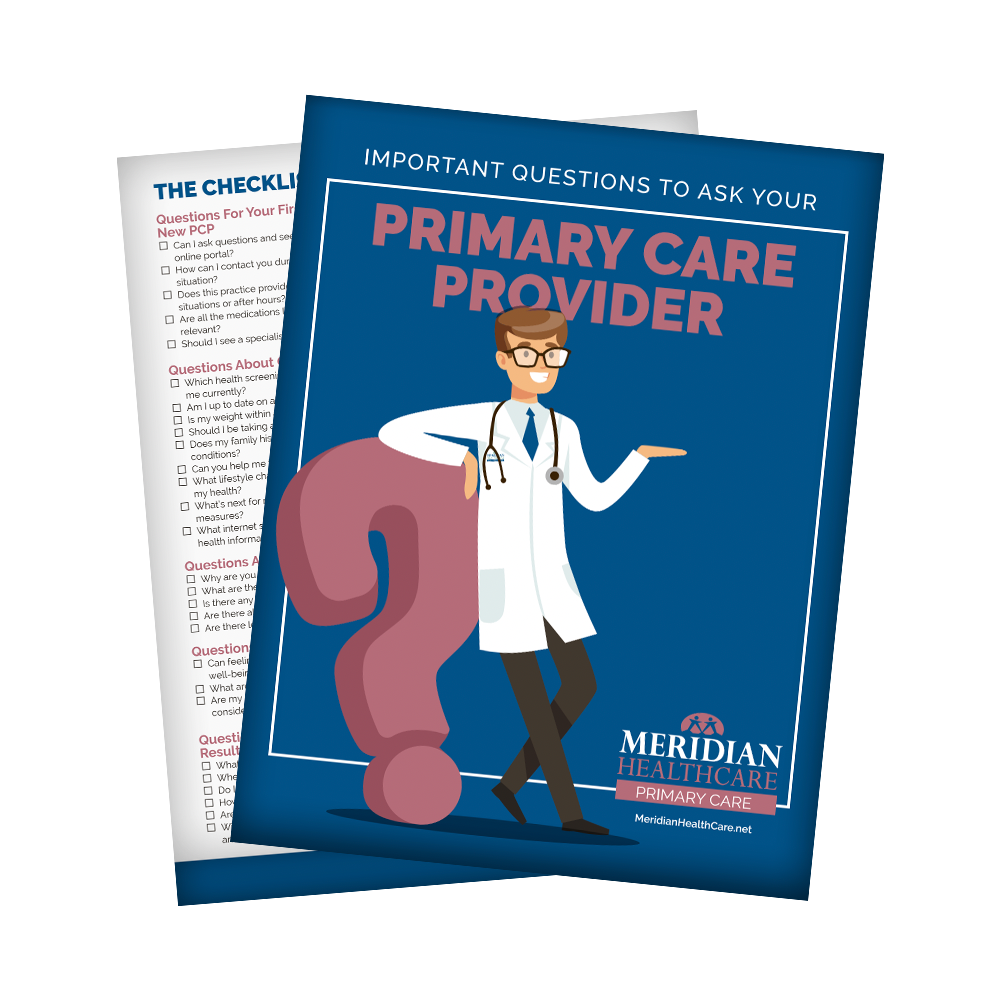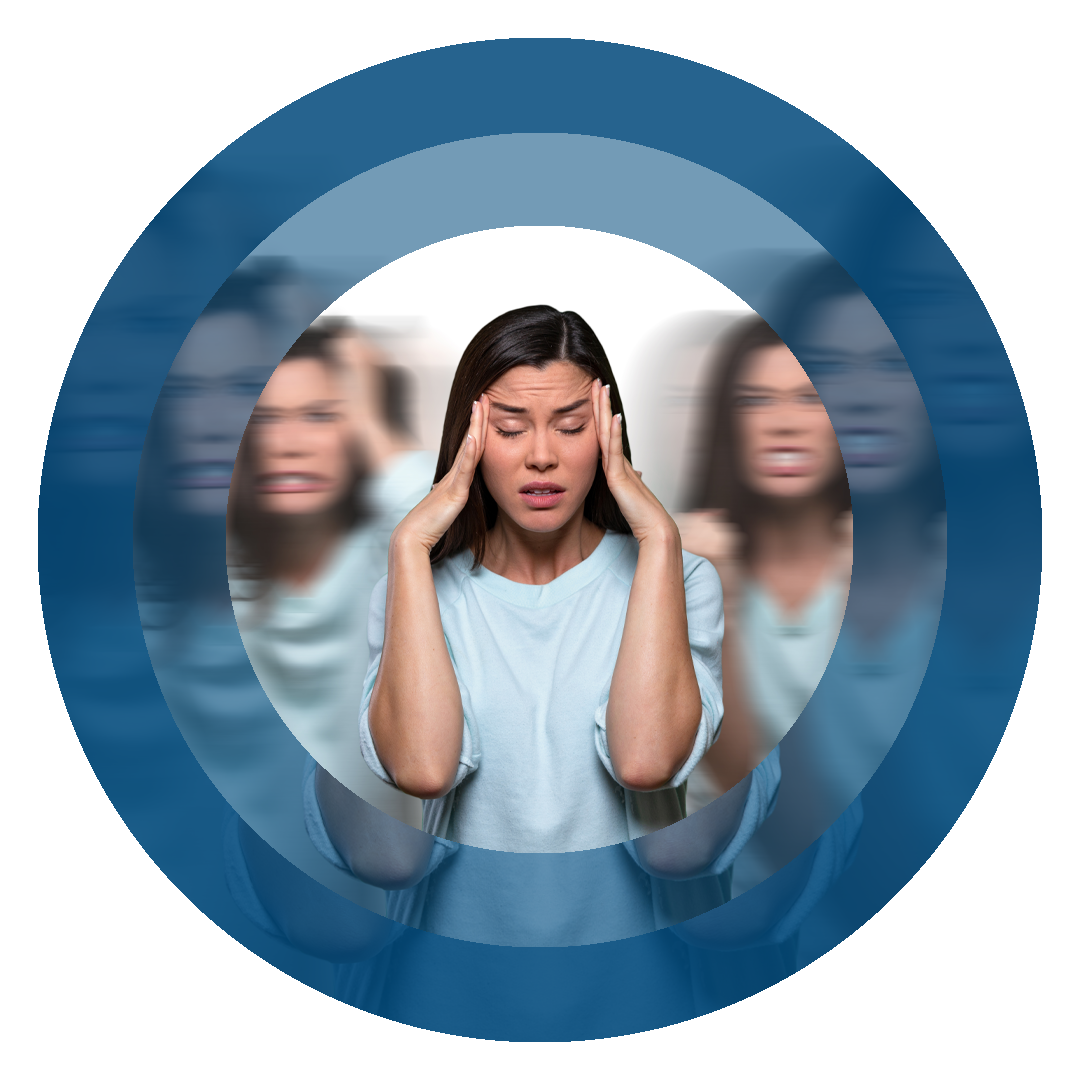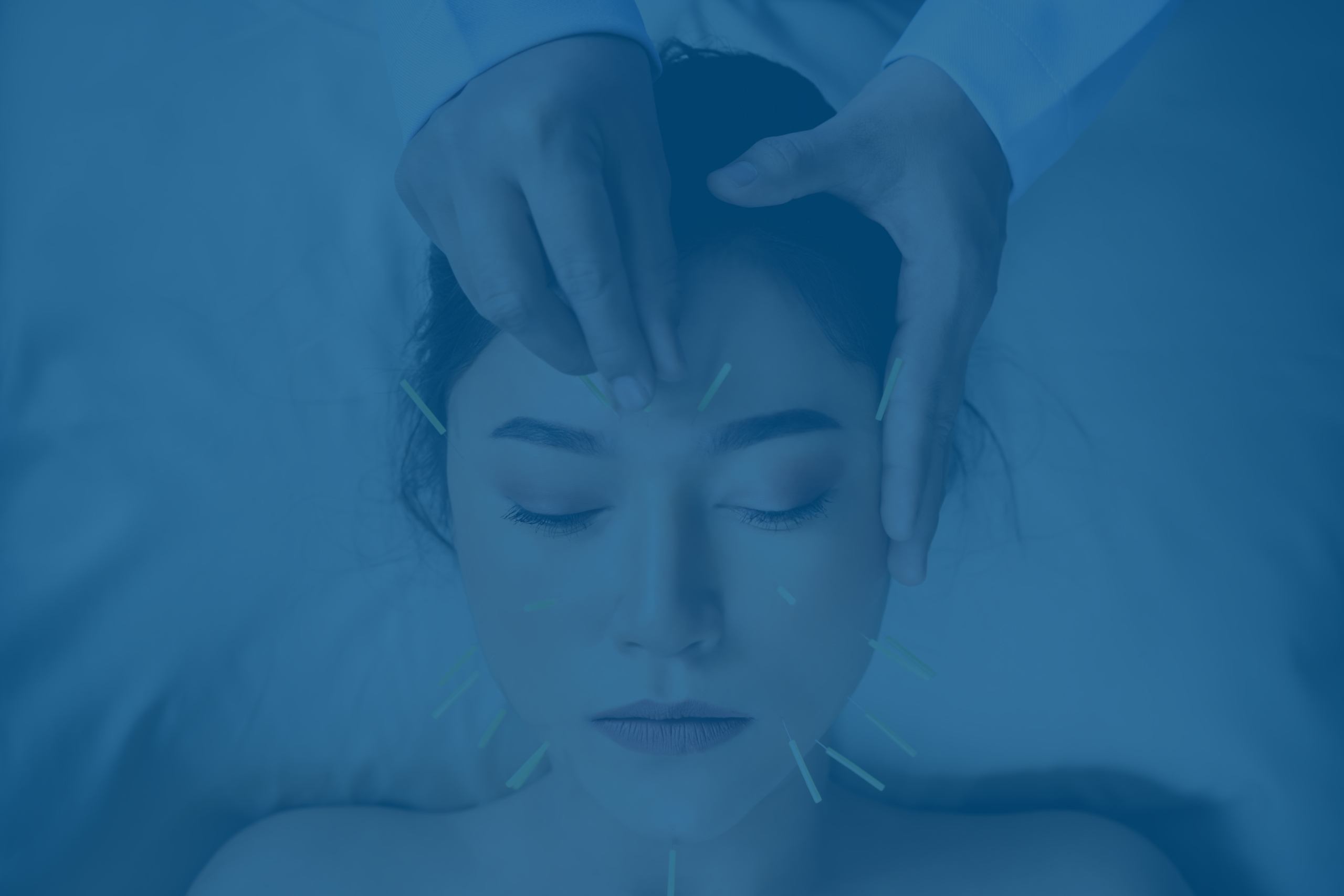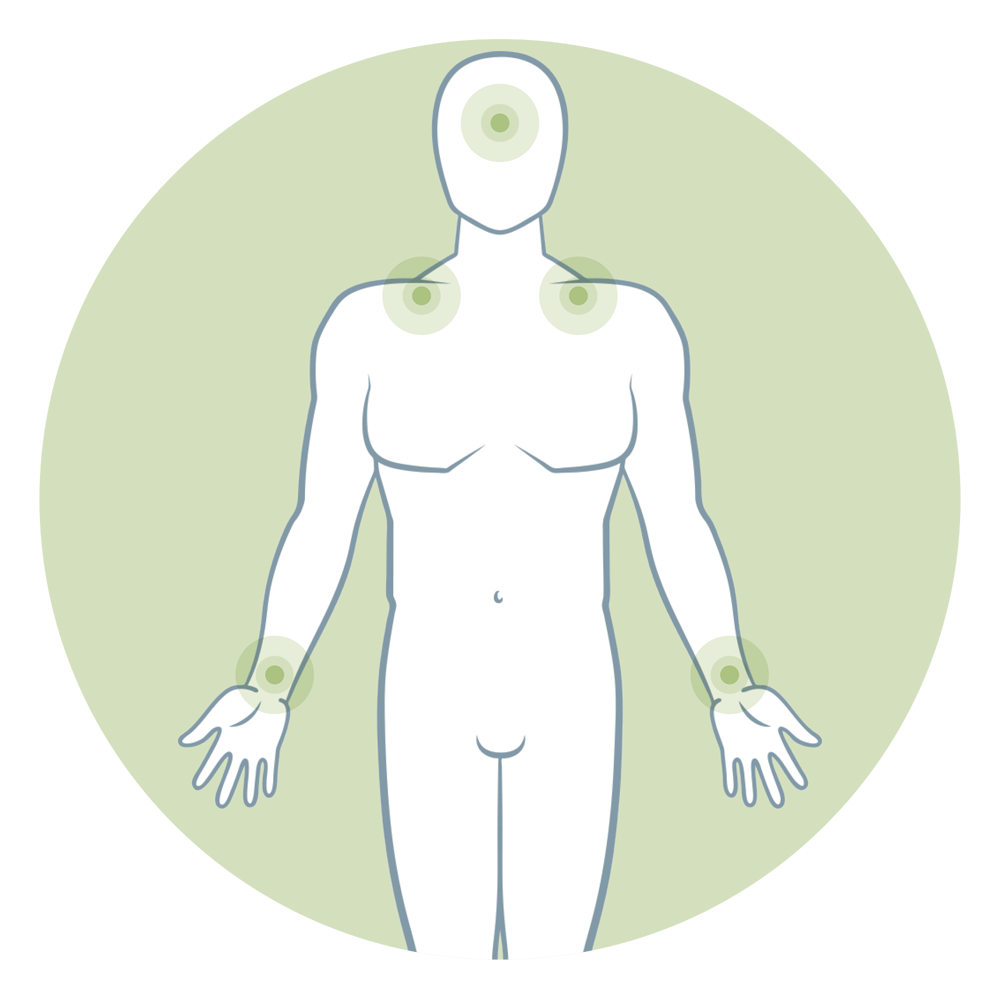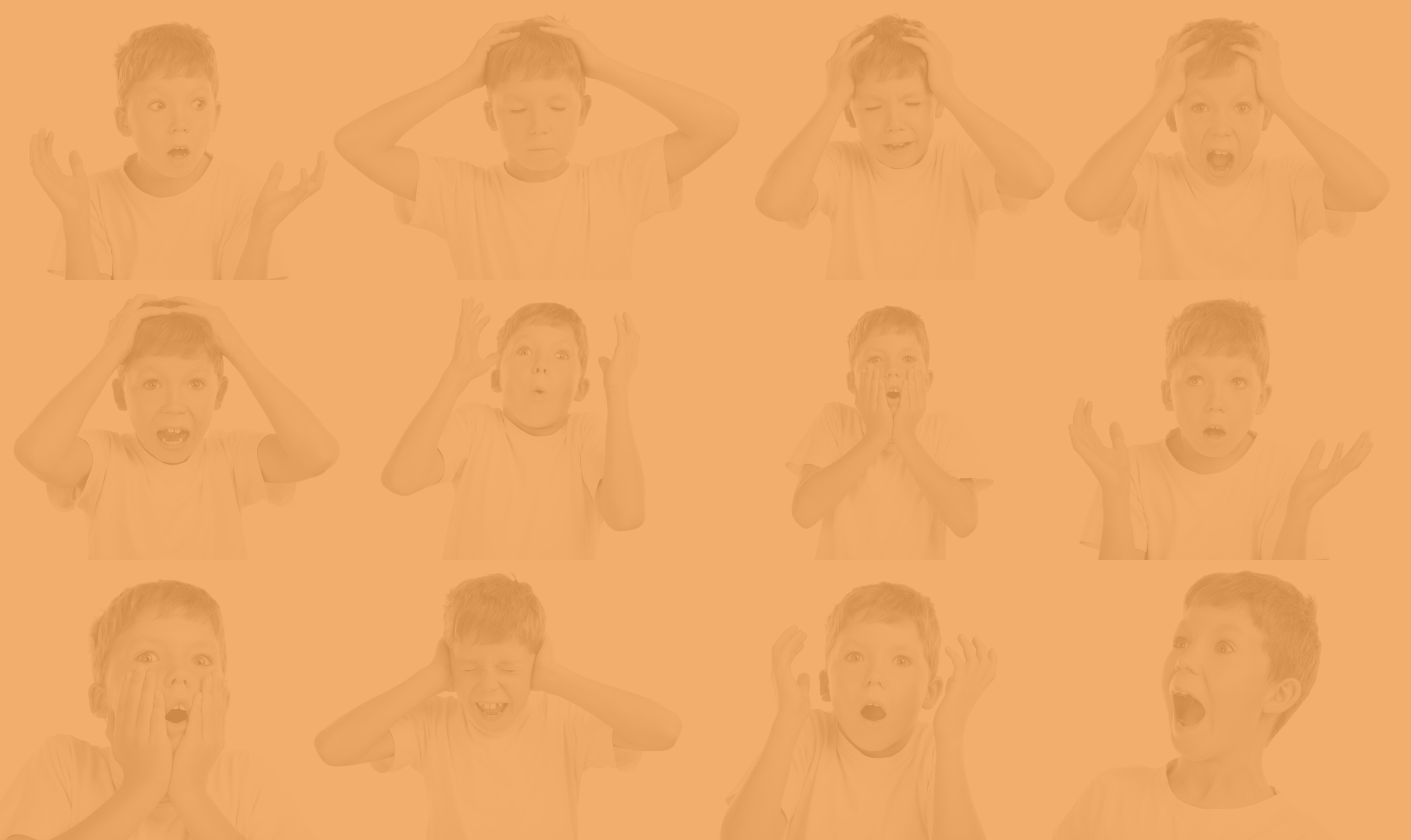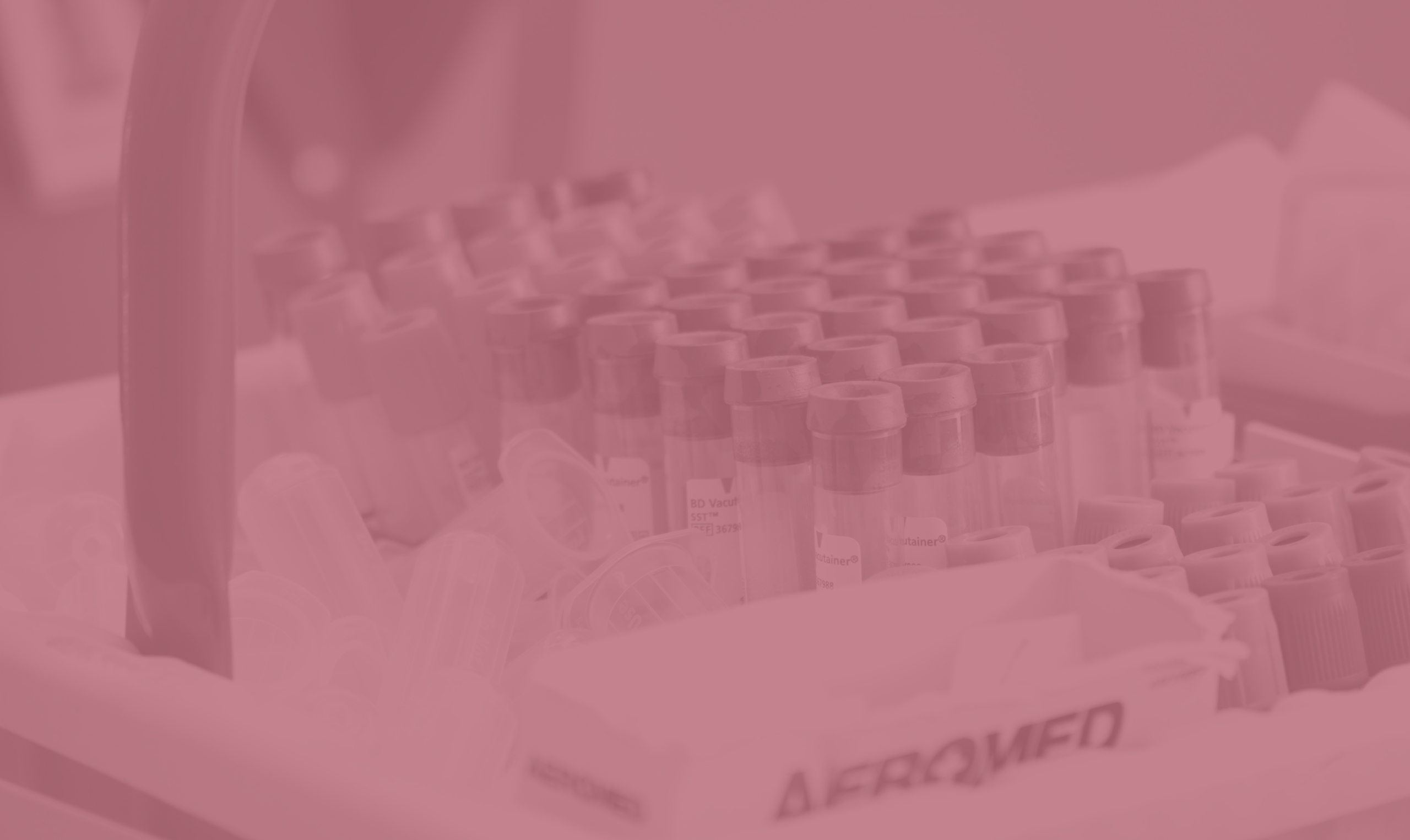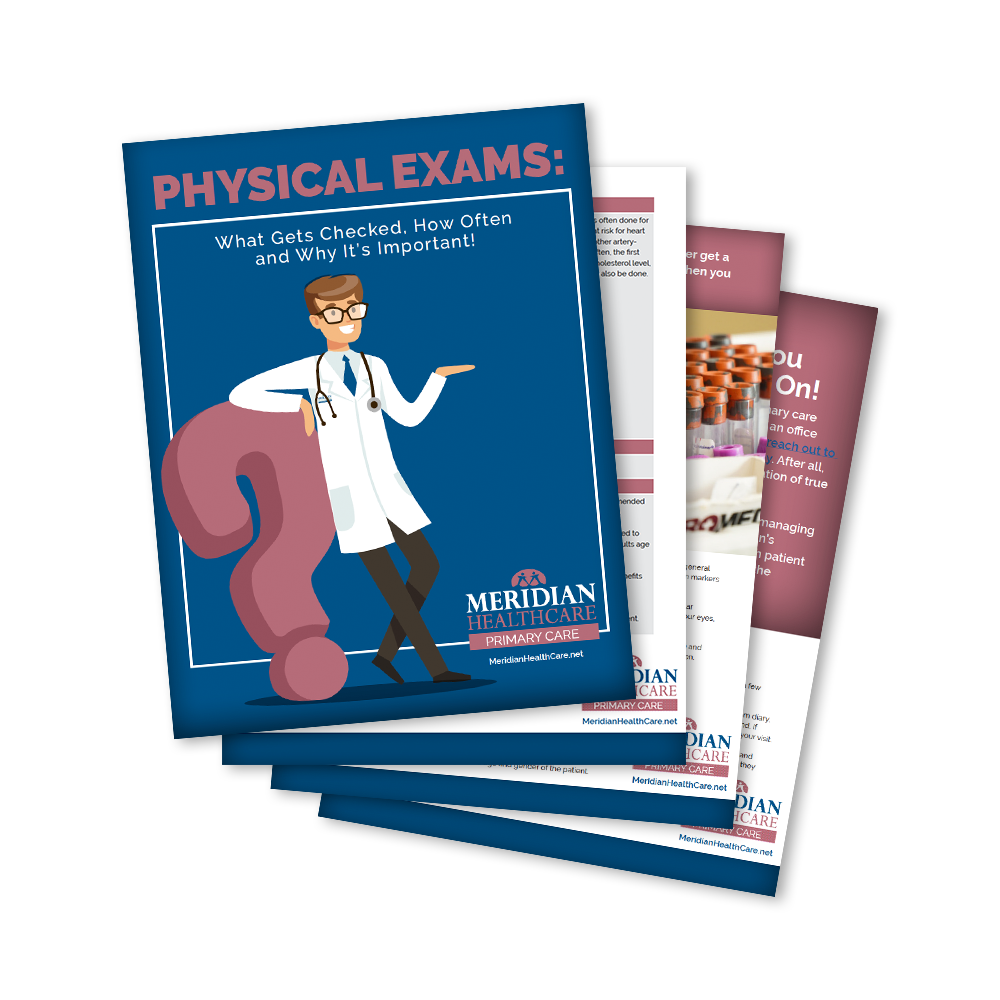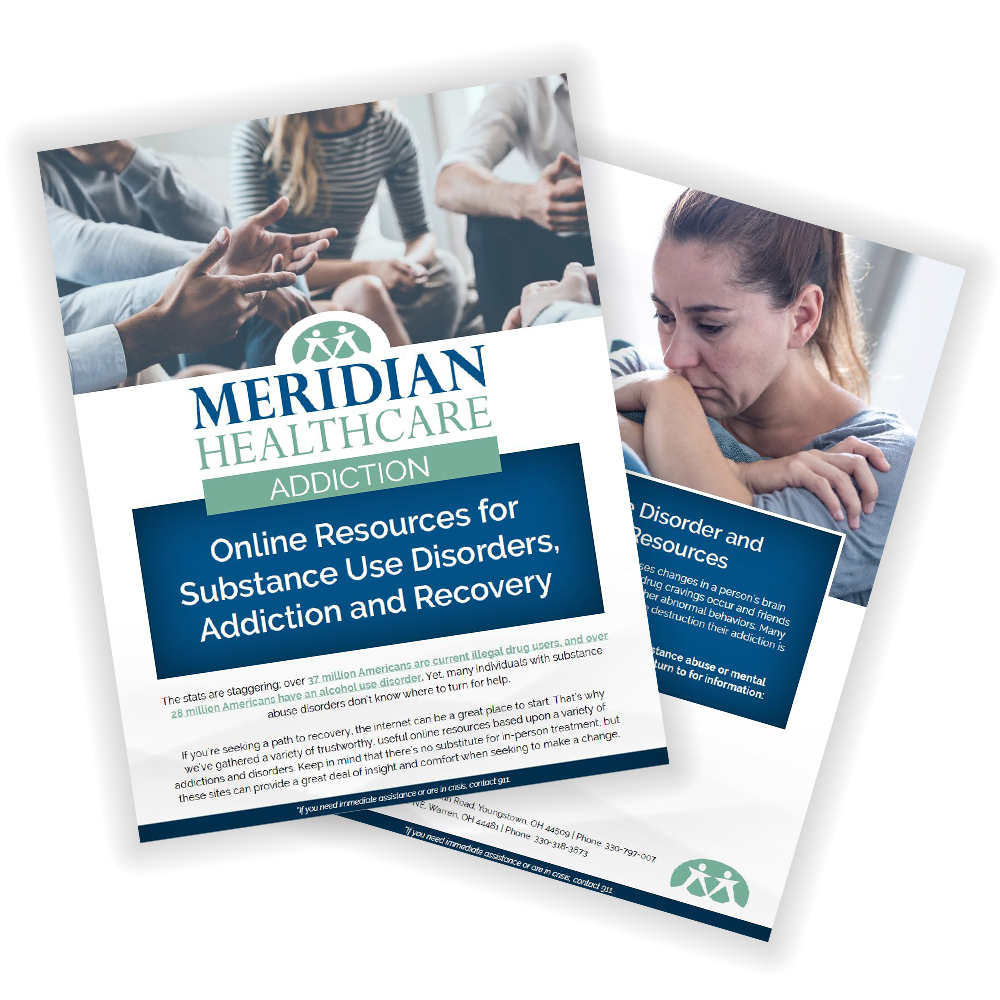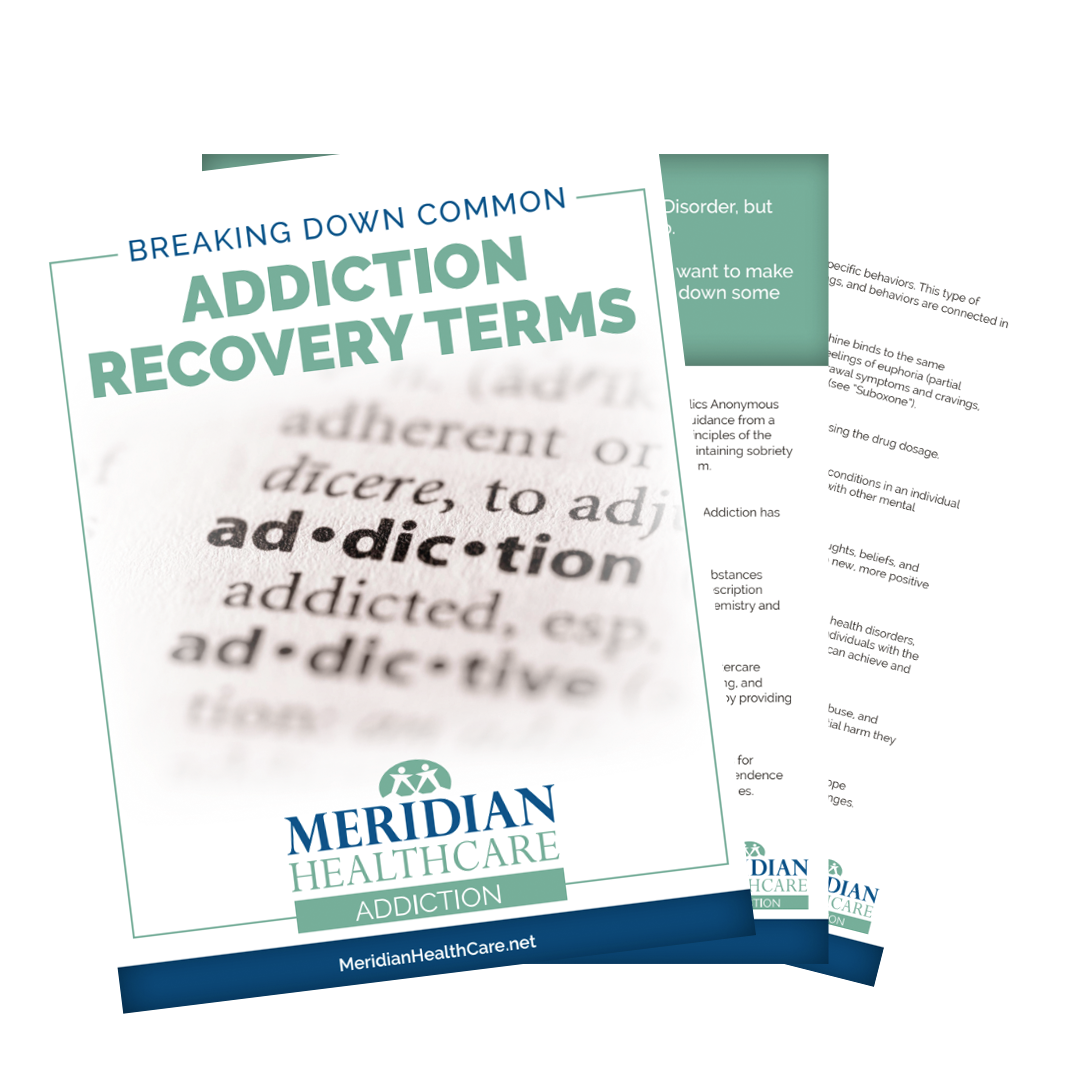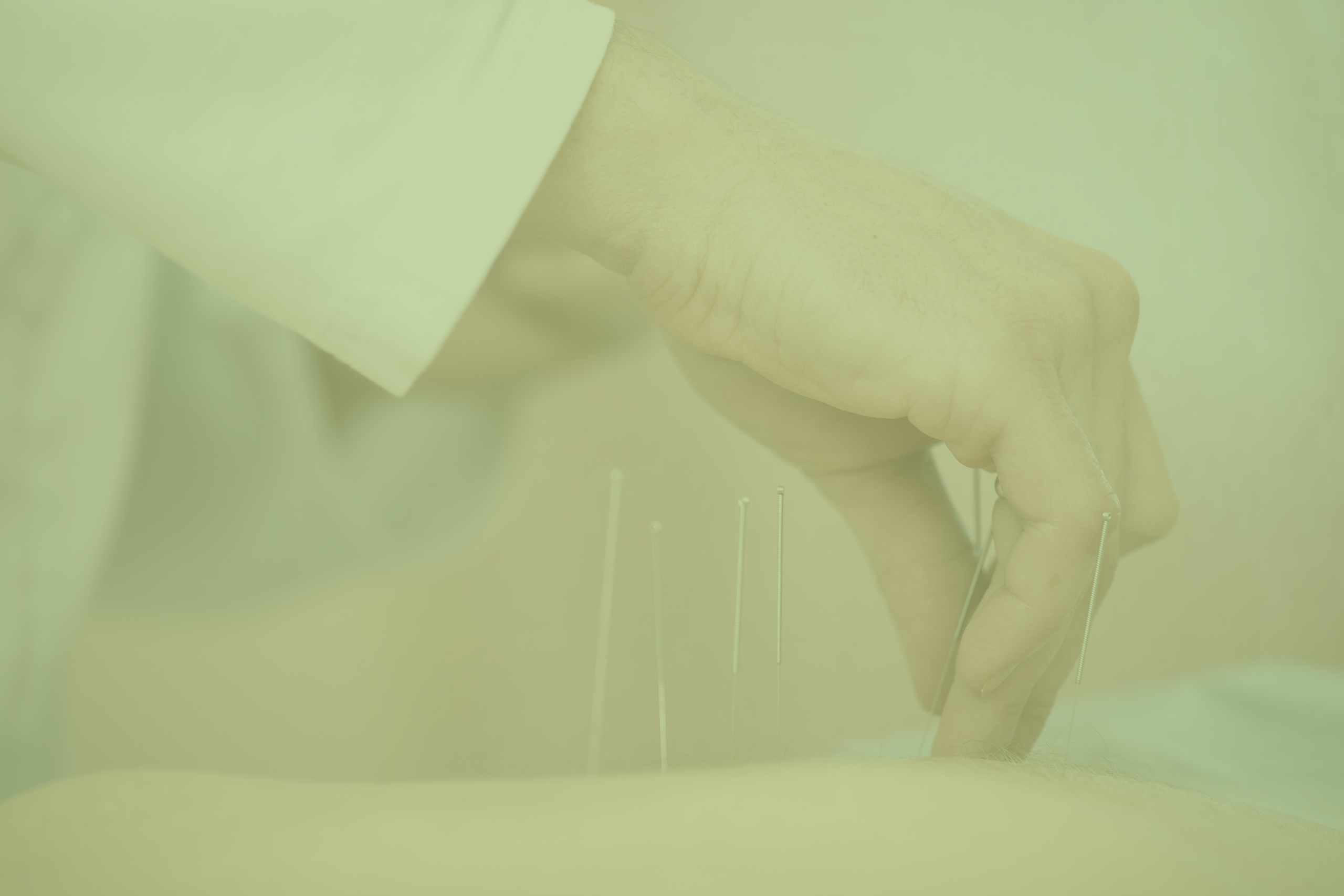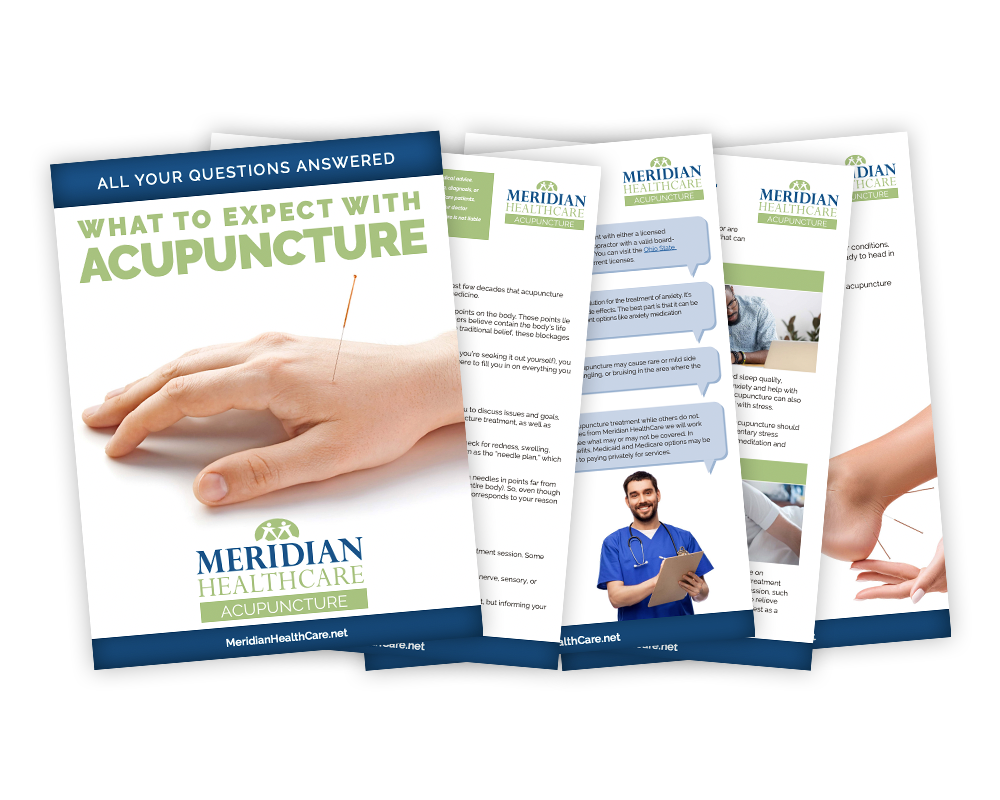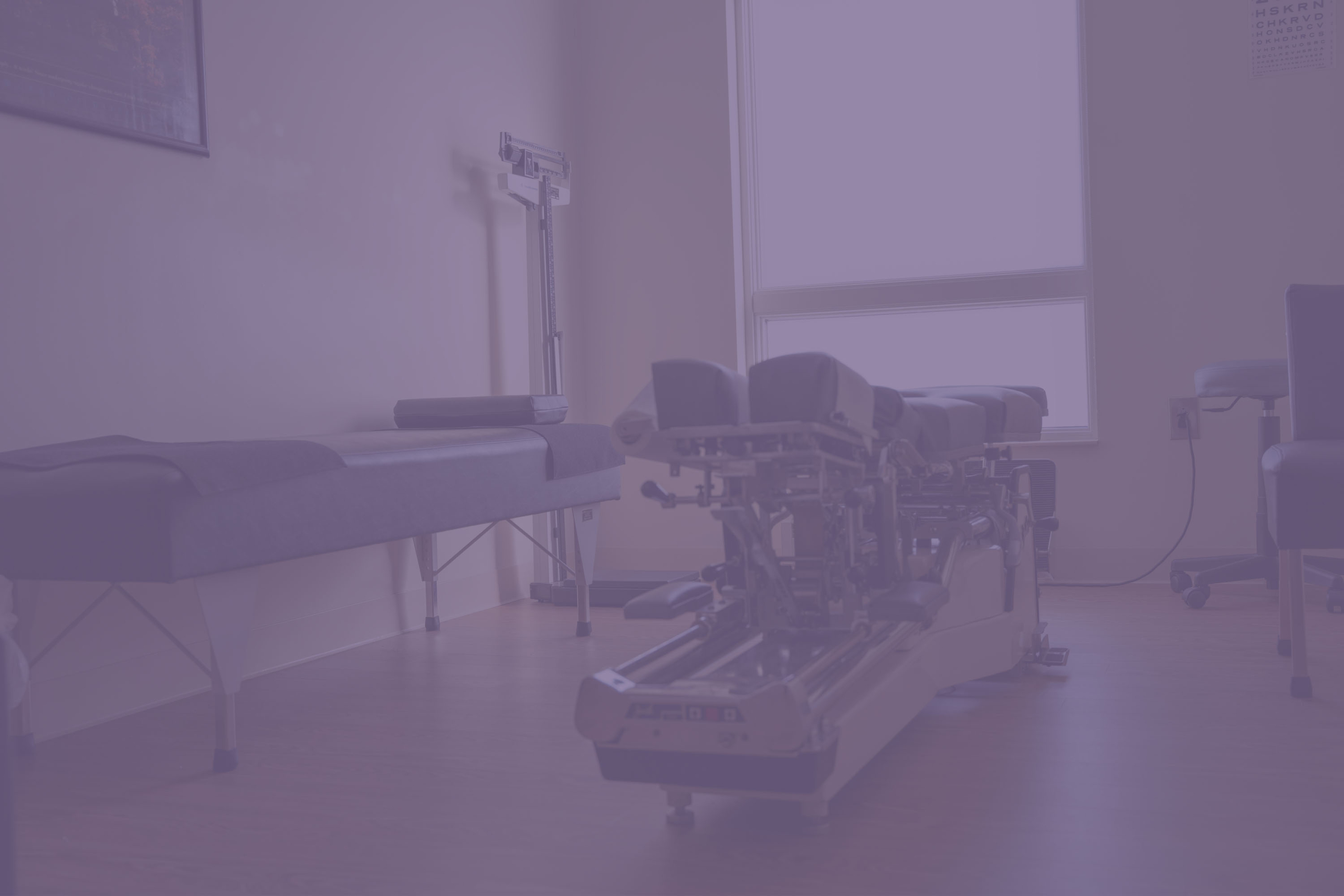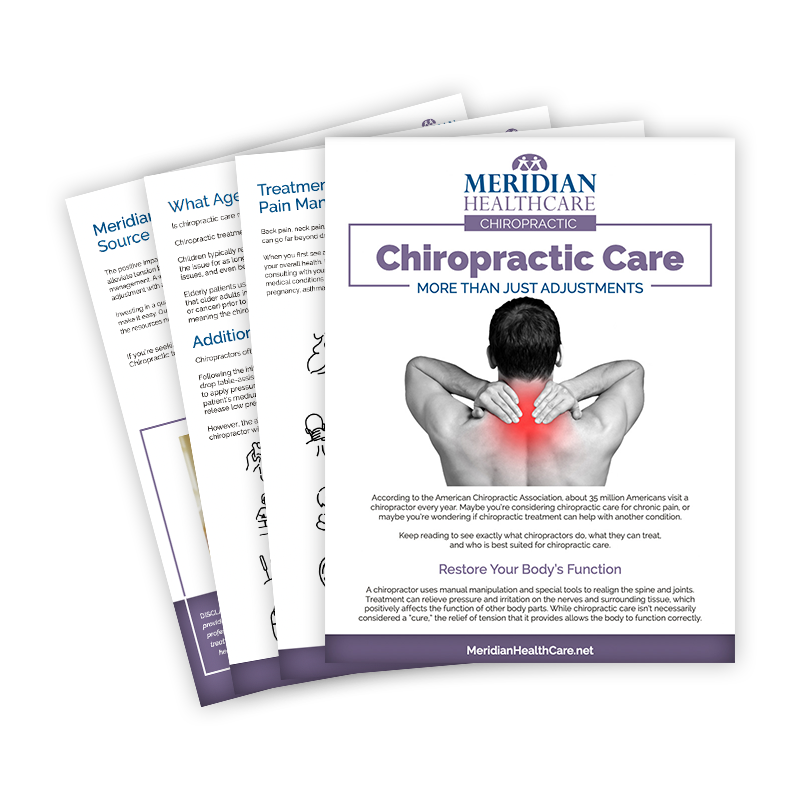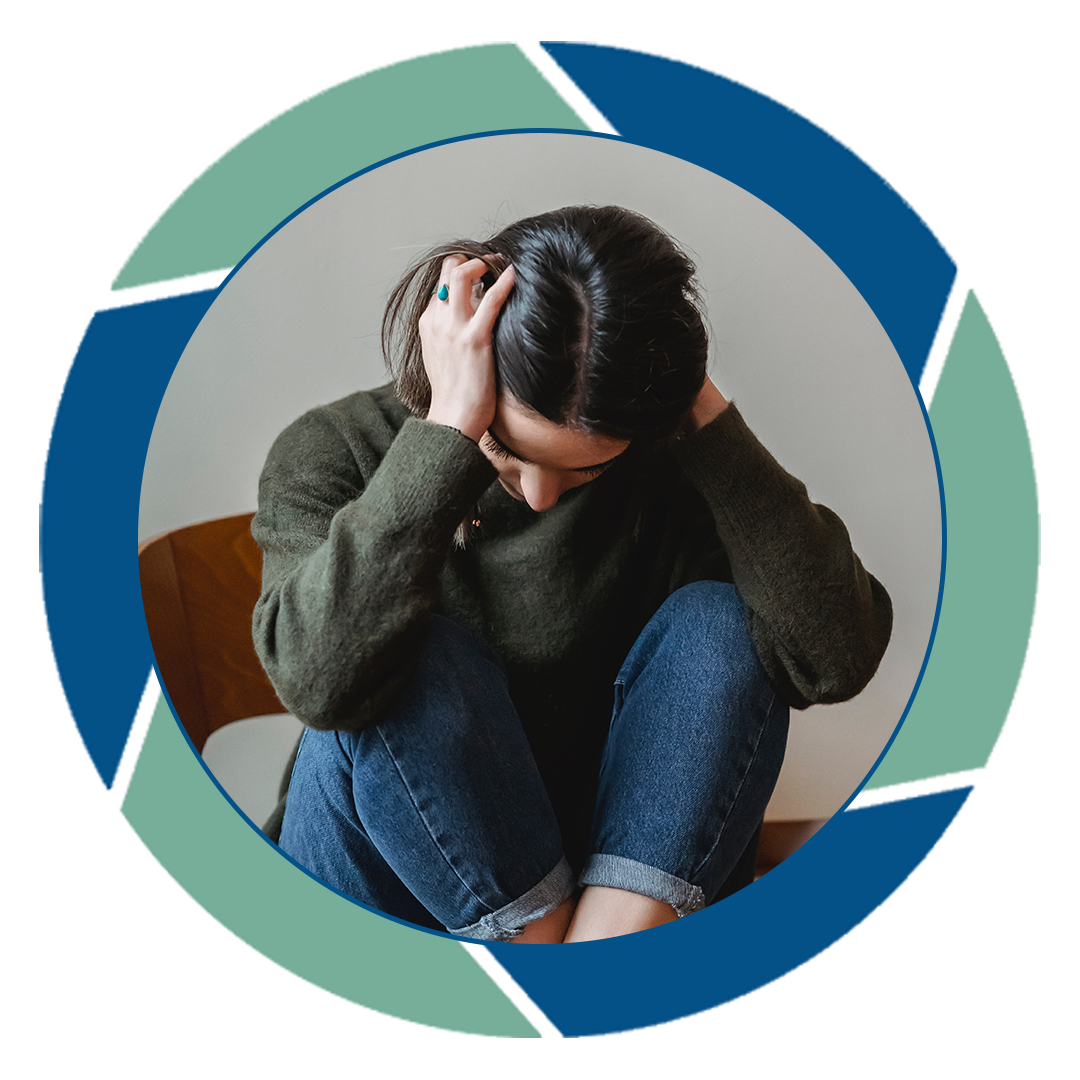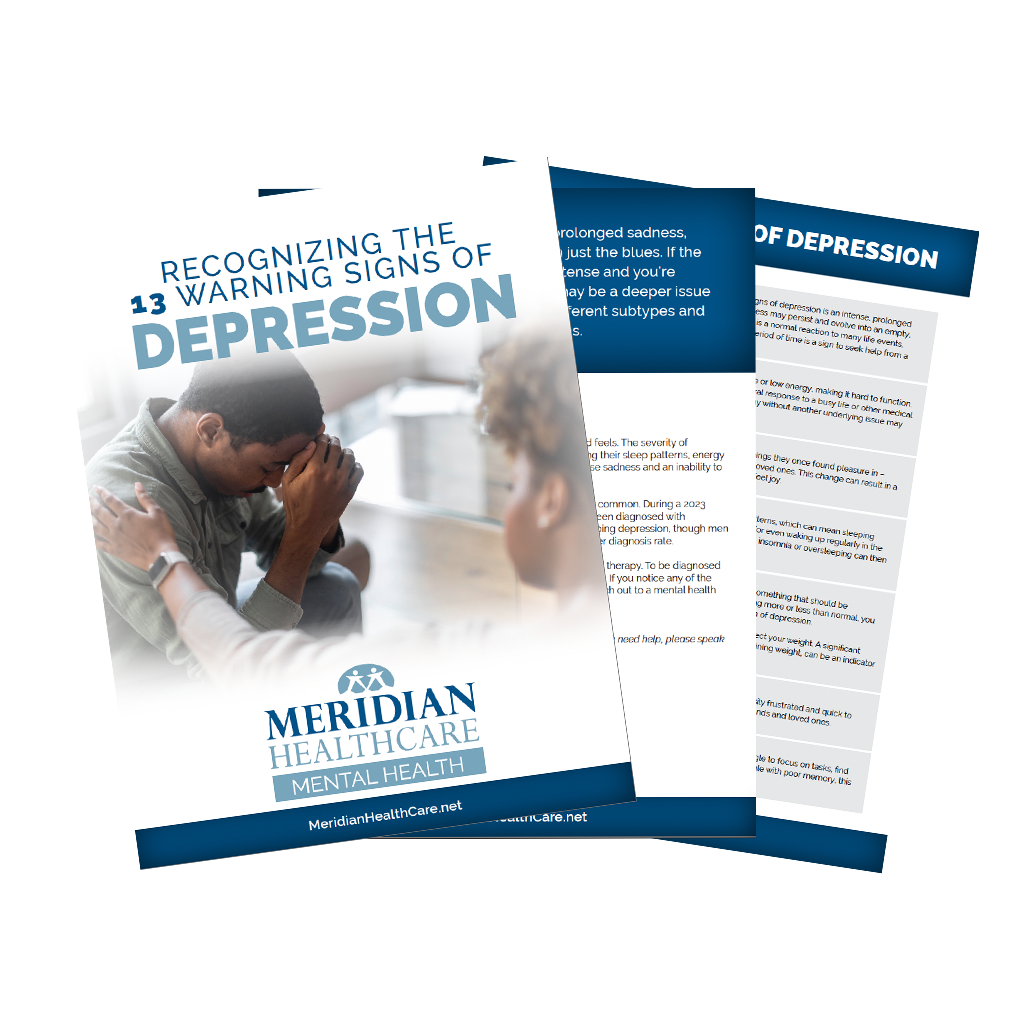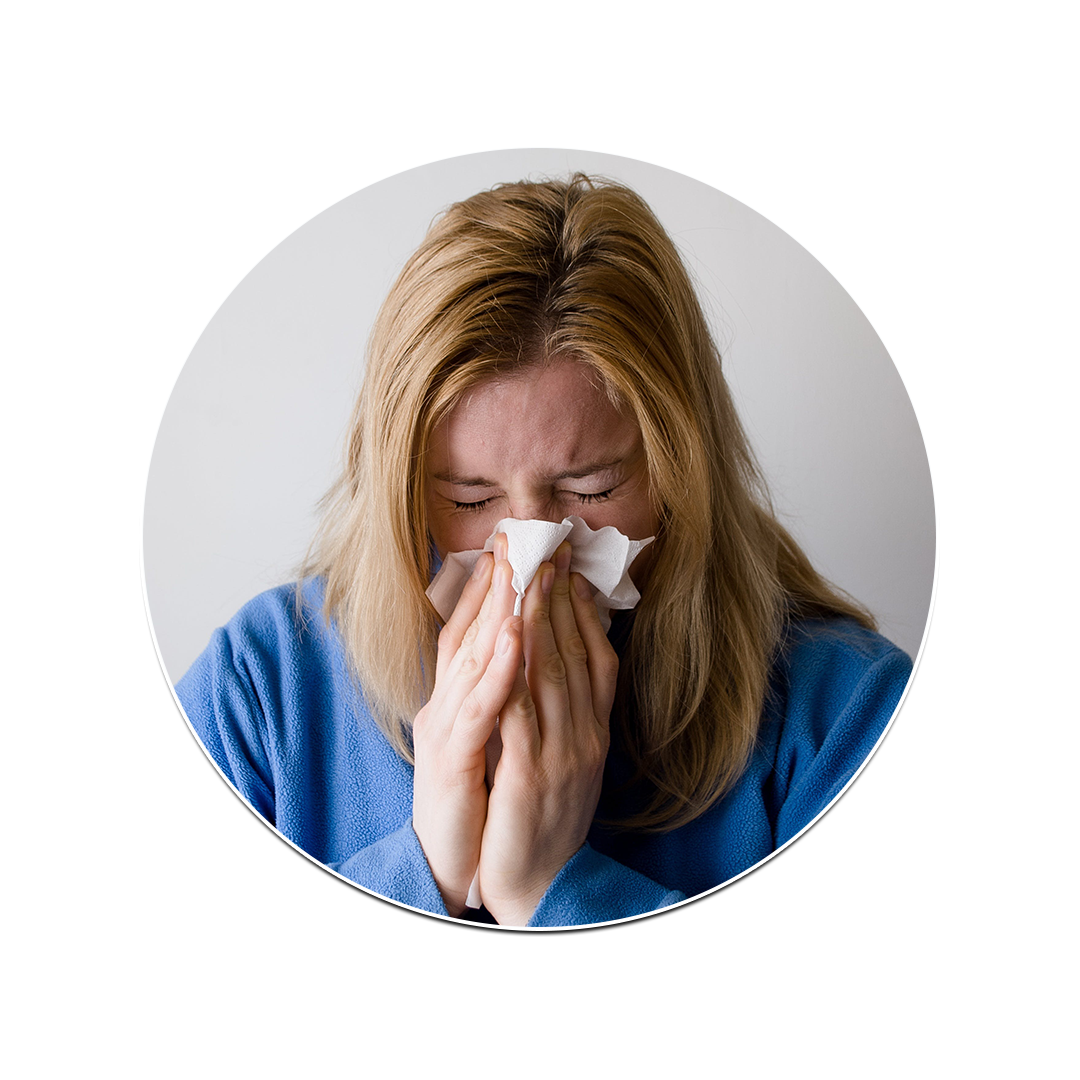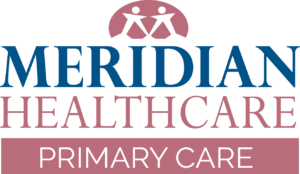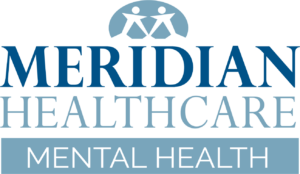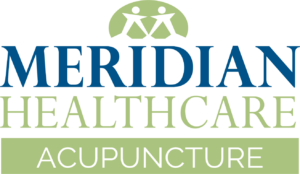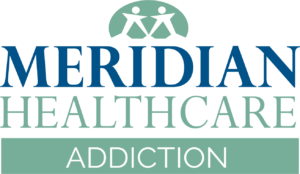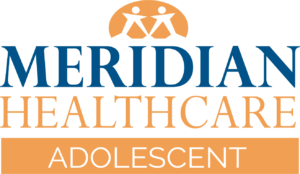People experience depression differently. Afterall, there are many forms of depression, severity levels, and personal experiences. Published by the American Psychiatric Association, the Diagnostic and Statistical Manual of Mental Disorders fact sheet (DSM-5) lists mental disorders and their signs, used by mental health professionals to diagnose and treat mental illness.
Major Depressive Disorder
When a person experiences symptoms of depression every day for over two weeks, that is a sign of major depressive disorder (MDD), also referred to as major depression or clinical depression.
Persistent Depressive Disorder
According to the National Institute of Mental Health, Persistent Depressive Disorder (PDD) – also known as dysthymia – is chronic depression that lasts for at least two years. Throughout this time, PDD can range from mild to severe depression symptoms.
While symptoms of PDD might not be as severe as major depression, they linger for an extensive period of time.
Bipolar Disorder
Bipolar disorder is a mood disorder marked by periods of depressed moods followed by happy moods (mania). During their low moods, people with bipolar disorder can experience major depressive episodes similar to clinical depression.





